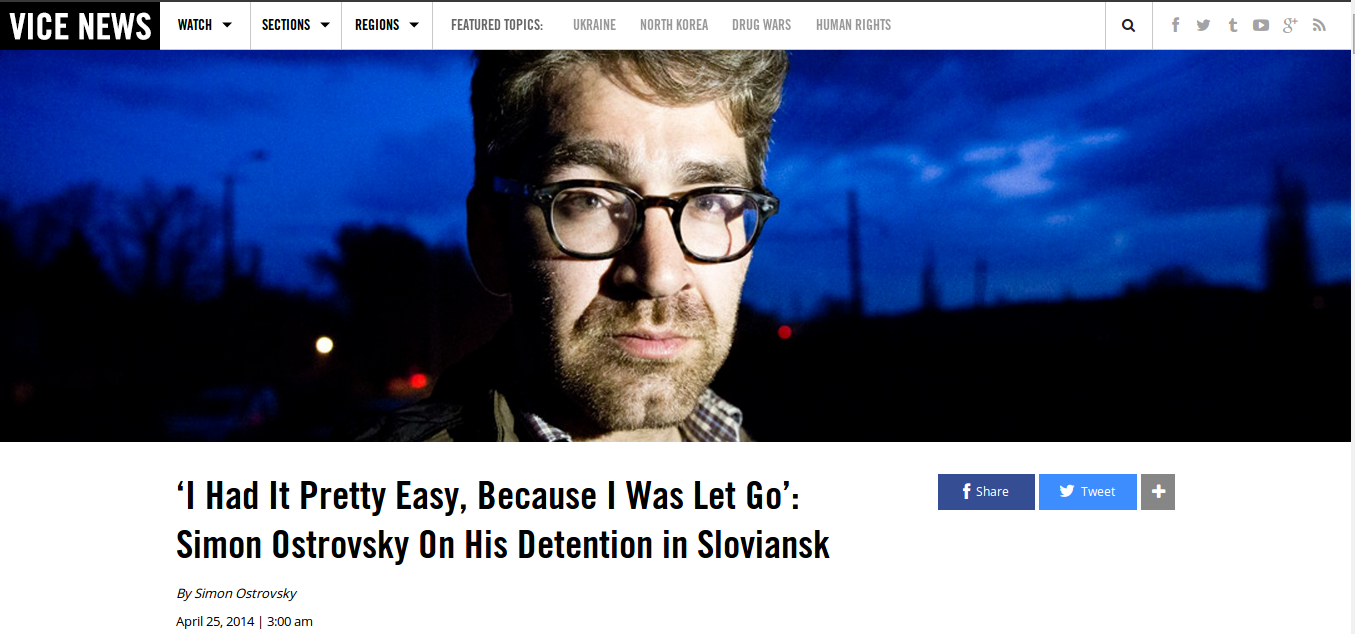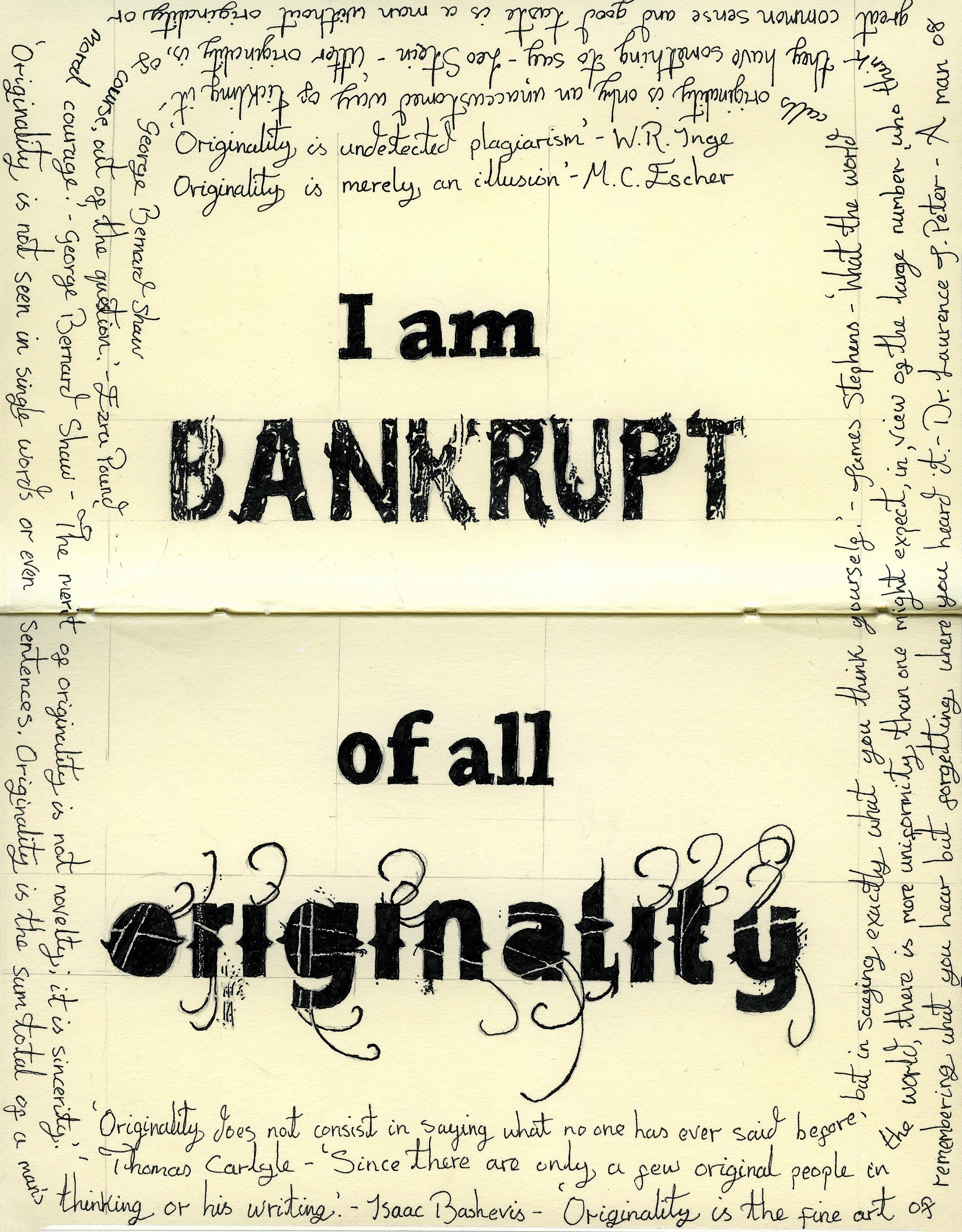No words can describe how much I like VICE News. The videos are immersive and in your face. The stories are punchy, and in your face. Whether text or film, the reporting style provokes. How often do you read “shit” in news copy, for example?
In story “Tea Partiers Are Now Harassing High School Kids on Cinco de Mayo” Alice Speri writes: “That predictably led to a bunch of local conservatives losing their shit, with some parents suing the school for First Amendment infringement”. I love it!









